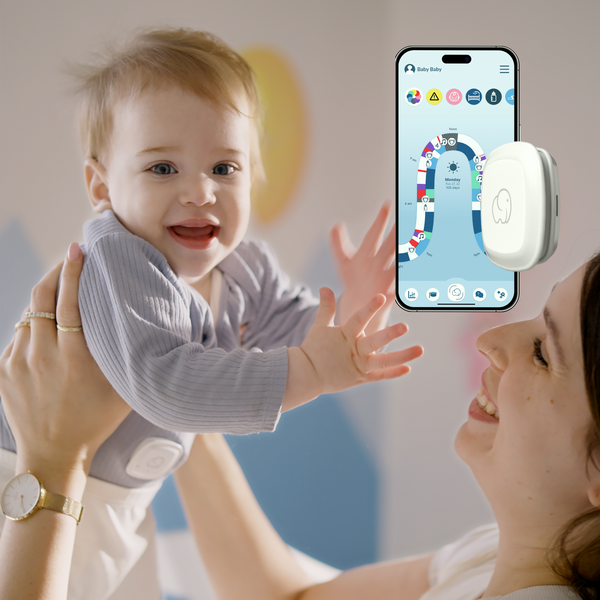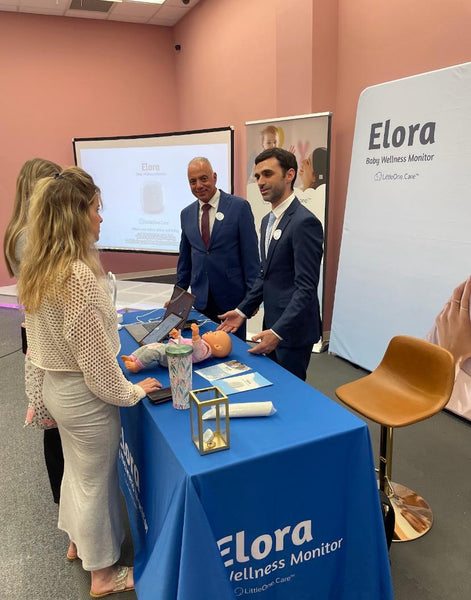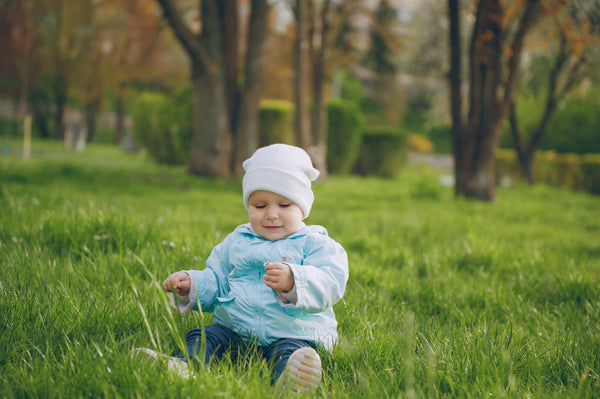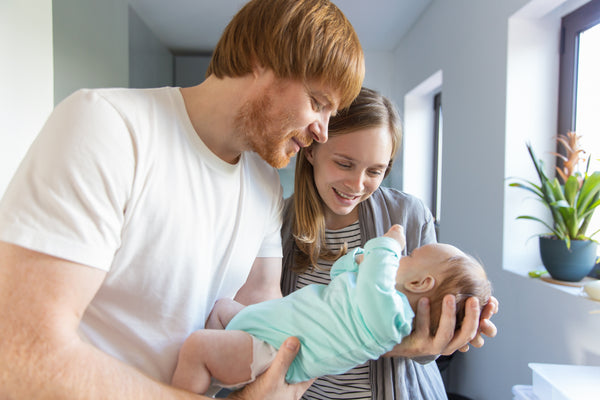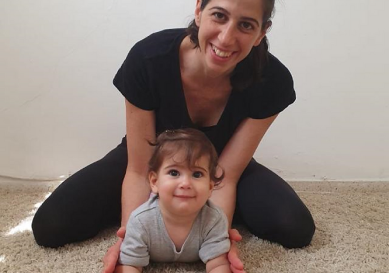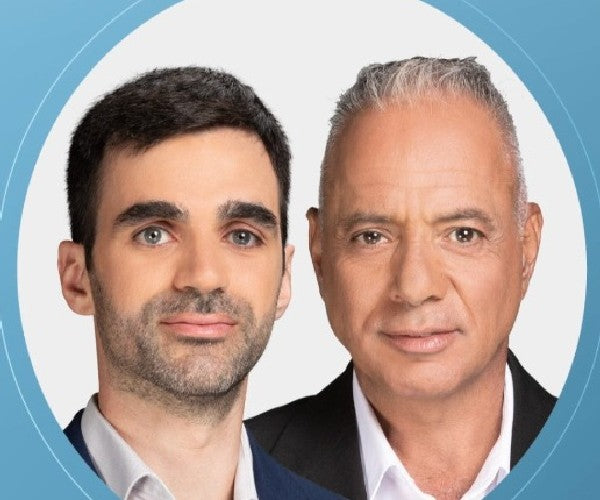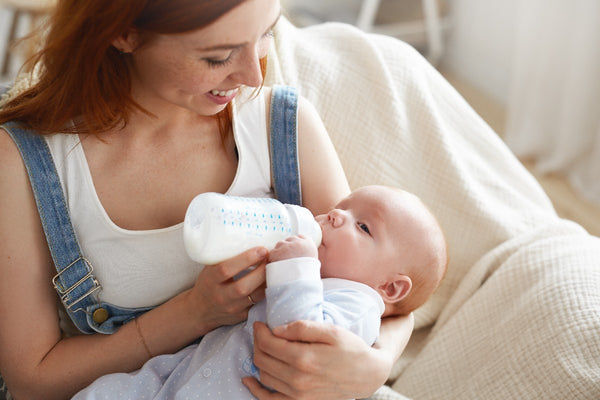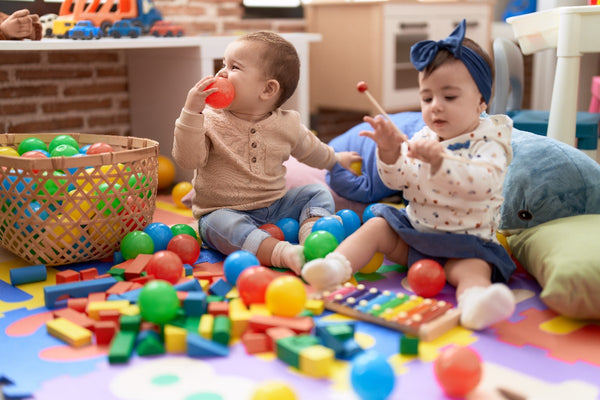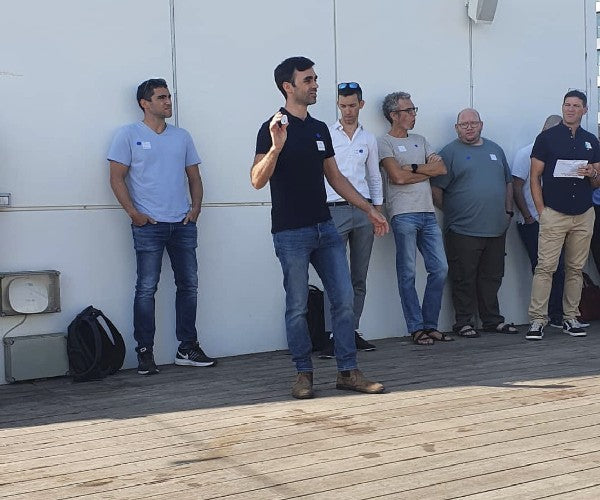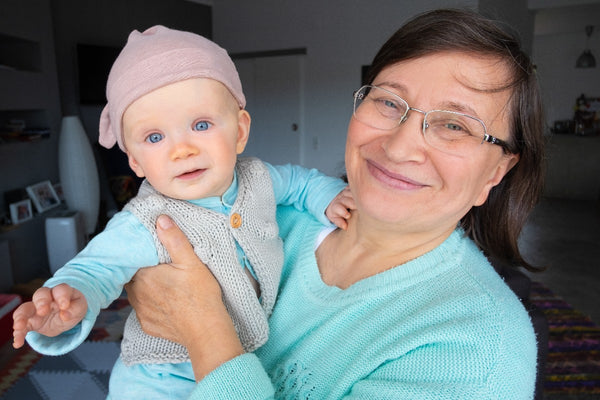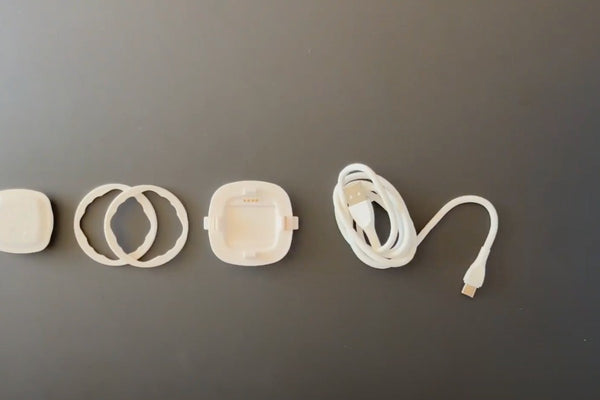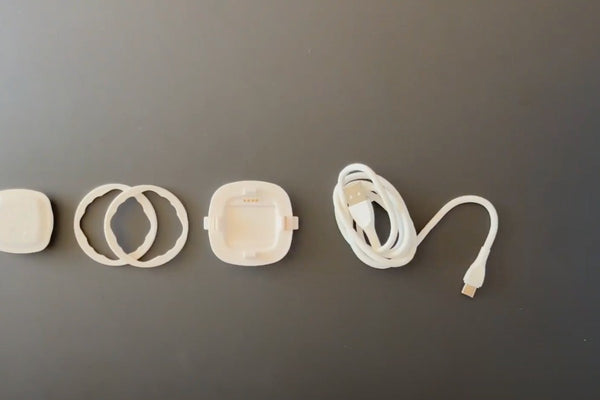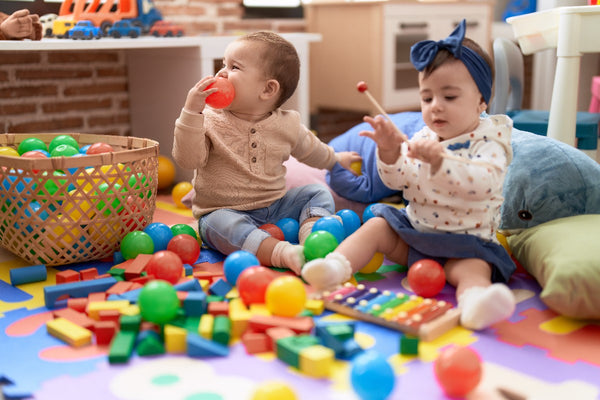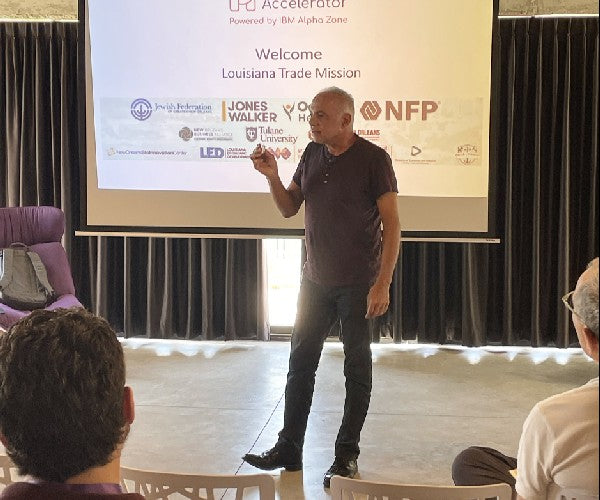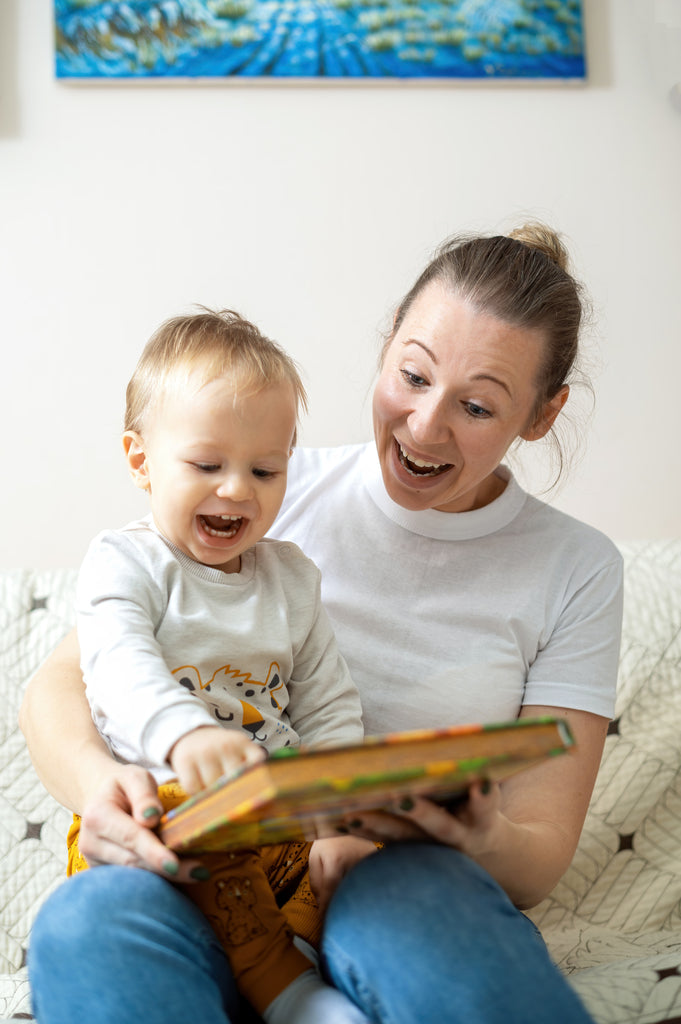
New Neuroscience Research Challenges Theories of Early Learning in Babies
According to recent neuroscience findings, babies develop sophisticated speech processing systems in their brains, even before they begin speaking.
A study published in the journal Nature Communications on December 1, 20203 found that infants are developing "robust work recognition" by 4-6 months of age, well before they begin speaking themselves. This study utilized electrophysiological responses to nursery rhymes to examine how infants of different ages encode phonetic features in their brain.
Key findings include the following:
1. Infants' brains increasingly encode phonetic features over their first year.
2. Phonetic feature encoding becomes acoustically invariant with age, supporting the formation of phonetic categories.
3. The study upends the notion that infants as young as 4 months have acoustically invariant phonetic encoding. Most of this activity emerged around the 7 month mark.
There are several recommendations to parents to enhance language acquisition in babies early on and take advantage of their natural strength at picking up words when it is most vital. The first recommendation is to expose infants to varied speech sounds. Nursery rhymes are good at accomplishing this because of the long, drawn out musical sounds and rich speech sounds. They aid in the development of phonetic encoding.
Another recommendation is to use infant-directed speech, also know as baby talk. Speaking in a melodious, exaggerated manner helps strengthen their speech processing systems.
Other recommendations include early and consistent interaction and conversations with your newborn, utilizing musical and rhythmic speech, being aware of motor development milestones that may align with increased speech sensitivity, and creating a language rich environment. Engaging in frequent verbal interactions can provide rich language and sounds, promoting cognitive and linguistic development.
Have you ever wondered if you are speaking to your baby enough. How about singing? Or, if you know you are speaking with them enough, how do you know their other caregivers or babysitters are doing the same? With the Elora baby wellness monitor, now you do not need to wonder anymore! One feature of Elora is a word count tracker, and a singing tracker that uses AI technology to track how many words are spoken to your baby each day. This data is later uploaded to the app on the parents phone so you can make sure your baby is hitting their language milestones!
Sources: https://www.psypost.org/2023/12/new-neuroscience-research-upends-traditional-theories-of-early-language-learning-in-babies-214800
